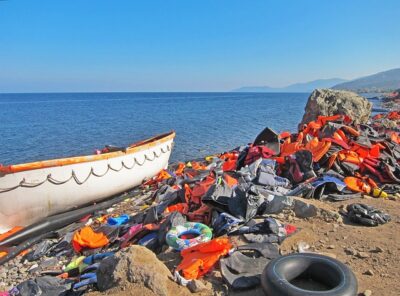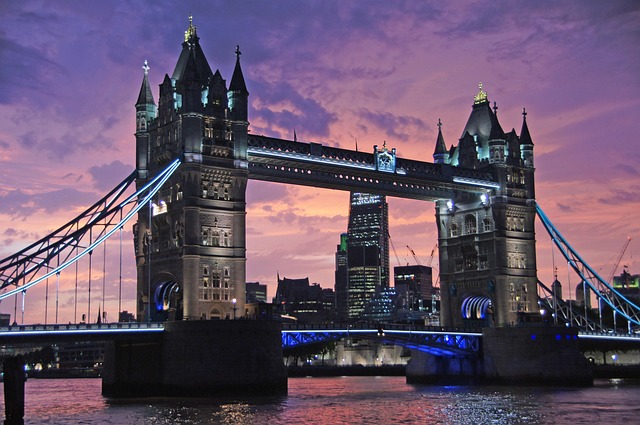 Sweden, Germany and other northern European countries are known for being well-organized, where the people and their leaders demonstrate good planning skills and attention to detail. The proof of this is countless successful industrial and infrastructure projects.
Sweden, Germany and other northern European countries are known for being well-organized, where the people and their leaders demonstrate good planning skills and attention to detail. The proof of this is countless successful industrial and infrastructure projects.
This ability has contributed to both wealth and high living standards for the individual citizen. European engineers are also working around the world to build similar infrastructure in poorer countries, contributing to shared global development.
One thing that often strikes me is, why weren’t new hospitals, schools, housing, power plants, etc. built in conjunction with mass migration? Why weren’t lower taxes introduced for businesses to stimulate hiring? A substantial increase in the basic tax deduction would also make it easier for small start-ups and stimulate easier job creation.
If the population is to increase by one million new inhabitants, society’s infrastructure must of course also be strengthened to a similar extent, in addition to promoting the employment of certain professions such as doctors, nurses, teachers, special educators, etc. It would require a major urban program, where a decision is made to build on a large scale and appropriately to accommodate all these new people. A kind of national gathering that requires both large resources and engineering.
But we see very little of this. It’s almost as if the hundreds of thousands of new residents are being ignored, that they’re not being pretended about. At least not at the socio-economic level. Perhaps it is not planned for them to stay in the country? If so, has anyone told them? It is difficult to understand the logic behind today’s migration policy.
Of course, you can blame it on the fact that the mass migration was unexpected and sudden, nevertheless, it has been many years now, and instead of developing our societies, we are decommissioning our power stations and seeing companies move abroad. Schools and hospitals are overcrowded, and there is much that is not working well. Instead of development, we see deterioration.
In addition, we have a lot of cultural, religious and social problems, but I won’t go into those here, there are so many others that are doing better. I just want to highlight the poor adaptation of social functions to a population growth of 15% over the last two decades.
The migration project is unique in its extreme imperfection. Also from the perspective of migration promoters.







